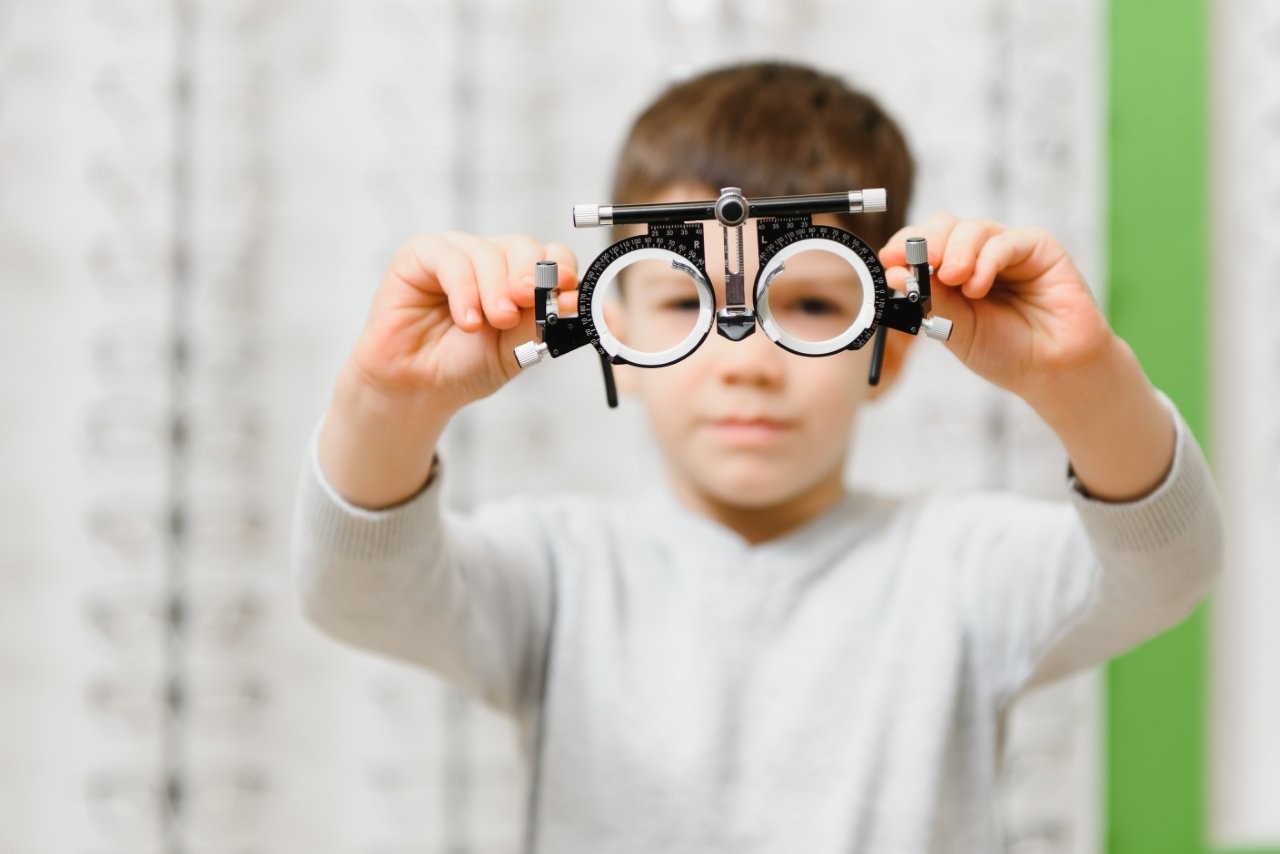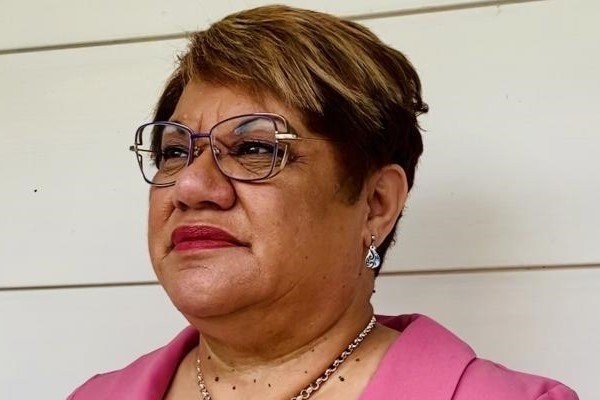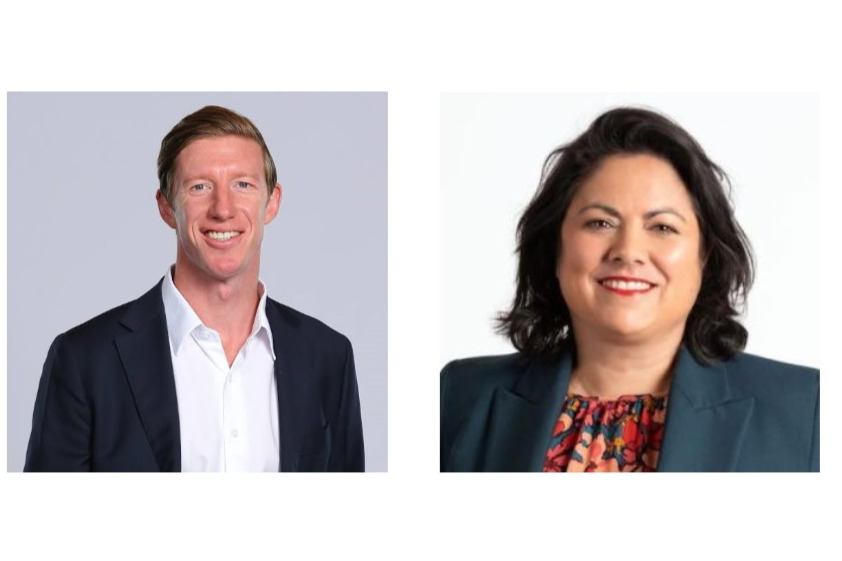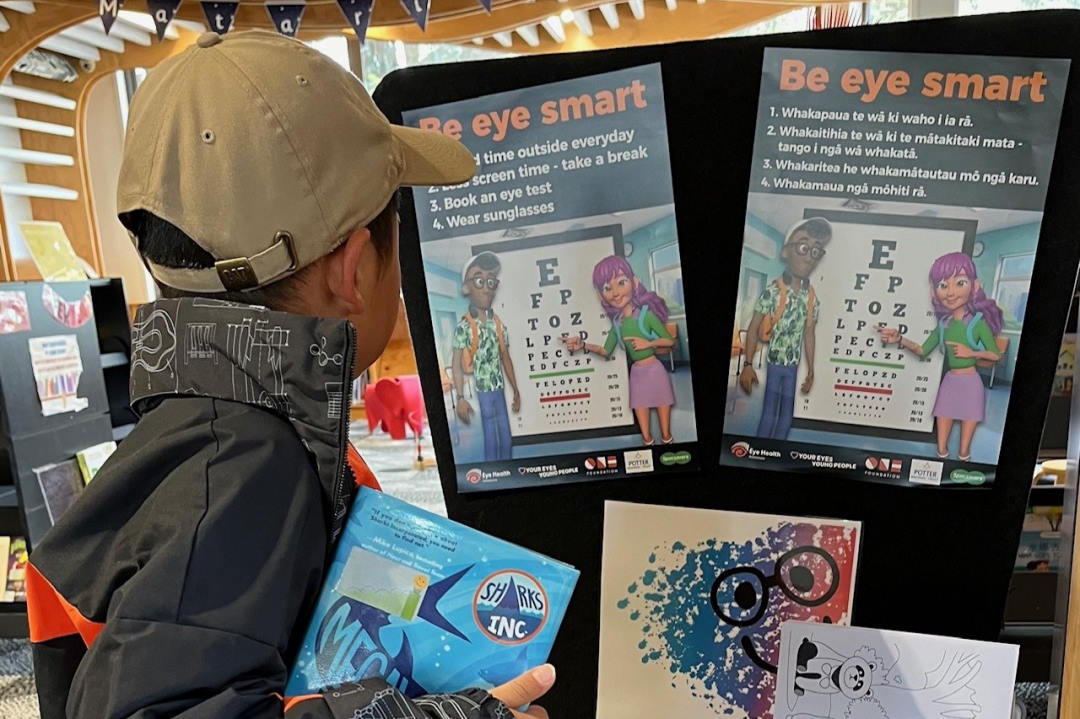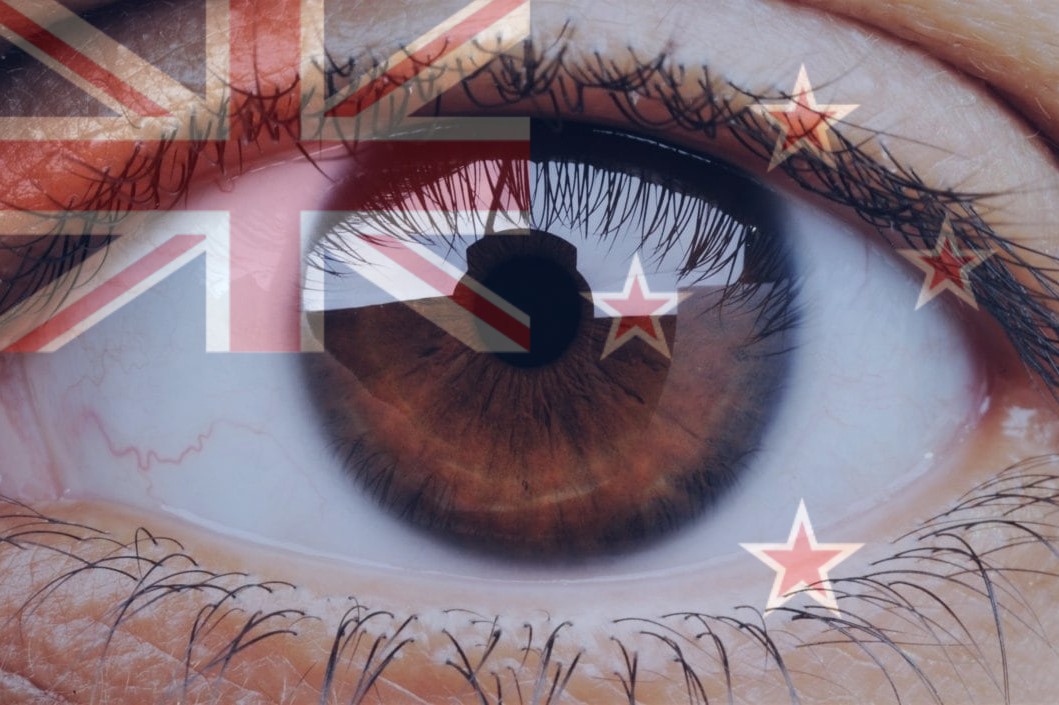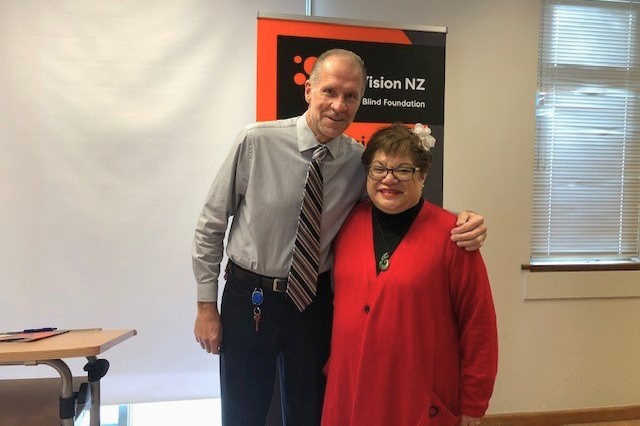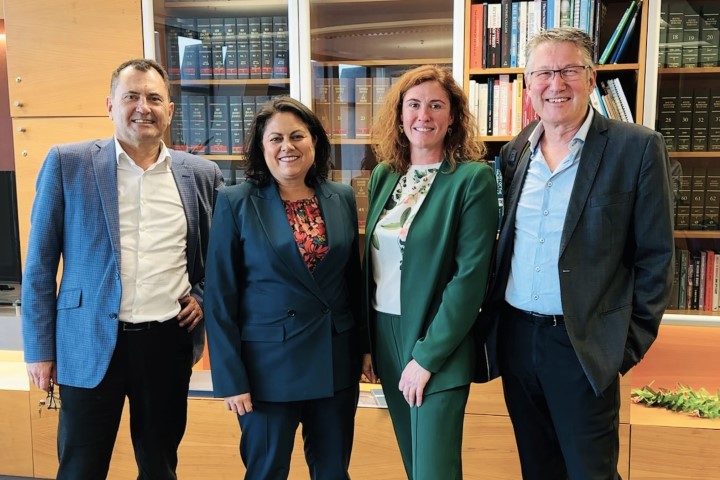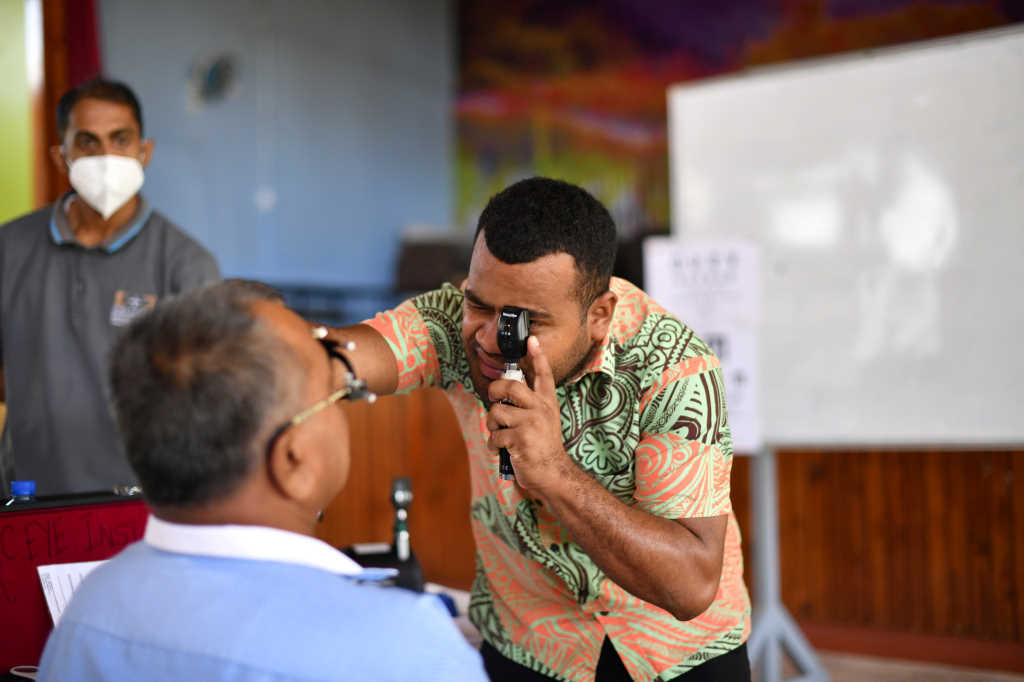Eye Health Aotearoa is born
Forging a new pathway to help Kiwis to see more clearly, Eye Health Aotearoa launched in parliament late this summer.
A collective of individuals and organisations from across the eye health sector, Eye Health Aotearoa presented its recommended seven-point plan to MPs, guests and media at Parliament House on February 19.
Ophthalmologist and Eye Health Aotearoa trustee Dr Brian Kent-Smith delivered a powerful presentation, reminding the audience that 90% of vision impairment is treatable or preventable, highlighting the need for New Zealand to undertake a national eye health survey.
Fellow Eye Health Aotearoa trustee John Mulka, chief executive of Blind Low Vision NZ, said: “Vision loss can have a devastating impact on thousands of lives. Not only those experiencing vision loss, but those who love and care about them. Our research shows that people with vision loss are far less likely to be employed, three times as likely to experience clinical depression and twice as likely to fall.”
Eye Health Aotearoa recognises the health system is facing complex challenges, said Mulka, and its recommendations accommodate this environment while seeking to increase equitable access to quality eye health for all New Zealanders.
“In setting out a seven-point plan for how eye health can begin to be treated with the priority it needs over the next three years, we identified three of these as especially pressing actions that we urge the government to act on immediately,” he said.
Eye Health Aotearoa’s immediate priorities are for eye health questions to be included in a national health survey, action on the coalition government’s commitment to free annual health checks, including an eye health check for all SuperGold card holders this year, and to get the first, dedicated national eye health survey underway.
Manurewa MP and eye health champion Louisa Wall also addressed the launch event, promising to push for the free eye health check promised to SuperGold card holders as well as continue to work with the Essilor Vision Foundation in her constituency to help improve vision and eye health outcomes for all Kiwis.
As part of the launch, a moving film told the story of Katie, a customer service worker at The Warehouse who was persuaded to visit the Manurewa Eye Clinic after years of vision problems. She told how she felt she could not afford to go to the optometrists, nor afford any glasses that may have been prescribed. Her sight was restored with a pair of glasses provided by the project, dramatically improving Katie’s quality of life.
Another Friend of Parliamentary Eye Health, Simon Connor MP welcomed the establishment of the new Eye Health Aotearoa collective and gave his support to its recommendations. Seven other MPS were also present along with TV journalist and presenter Patrick Gower, who was diagnosed with glaucoma at the age of 40. Gower said he was ‘right behind’ the new Eye Health Aotearoa and would continue to be an advocate for better eye health for all New Zealanders.
Representatives from Eye Health Aotearoa’s trustee organisations, Blind Low Vision NZ, Glaucoma NZ, Macular Degeneration NZ, RANZCO and the University of Auckland School of Optometry and Vision Science were also present.
Plenty of discussion followed the launch, with MPs mingling with eye health professionals and guests, including six year-old Lucas Kisler who suffers from Stickler Syndrome, glaucoma and severe myopia, and who travelled with his family from Taranaki to support the launch.
To find out more or to get involved email info@eyehealthaotearoa.org.nz
NZ eye health: A seven-point action plan
Eye Health Aotearoa has produced a seven-point plan, trustees say is both “affordable and achievable”.
“It will significantly improve New Zealanders’ eye health and reduce costs elsewhere in the health system. It targets high-risk communities who are unable to access eye health services,” said The Eyes Have It document produced for the launch.
1. Conduct the first ever National Eye Health Survey in New Zealand, to inform future planning and funding decisions
2. Educate the public about the importance of taking care of their eyes
3. Provide funded examinations as a first step to increase equitable access to eye health services for SuperGold card holders and hard-to-reach populations
4. Establish a New Zealand Vision Bus to deliver funded, comprehensive eye examinations to key groups
5. Provide timely access to quality treatment services to prevent or slow down vision loss
6. Provide early support for people diagnosed with eye conditions or vision loss
7. Ensure rapid access to comprehensive vision rehabilitation, habilitation and low vision services











